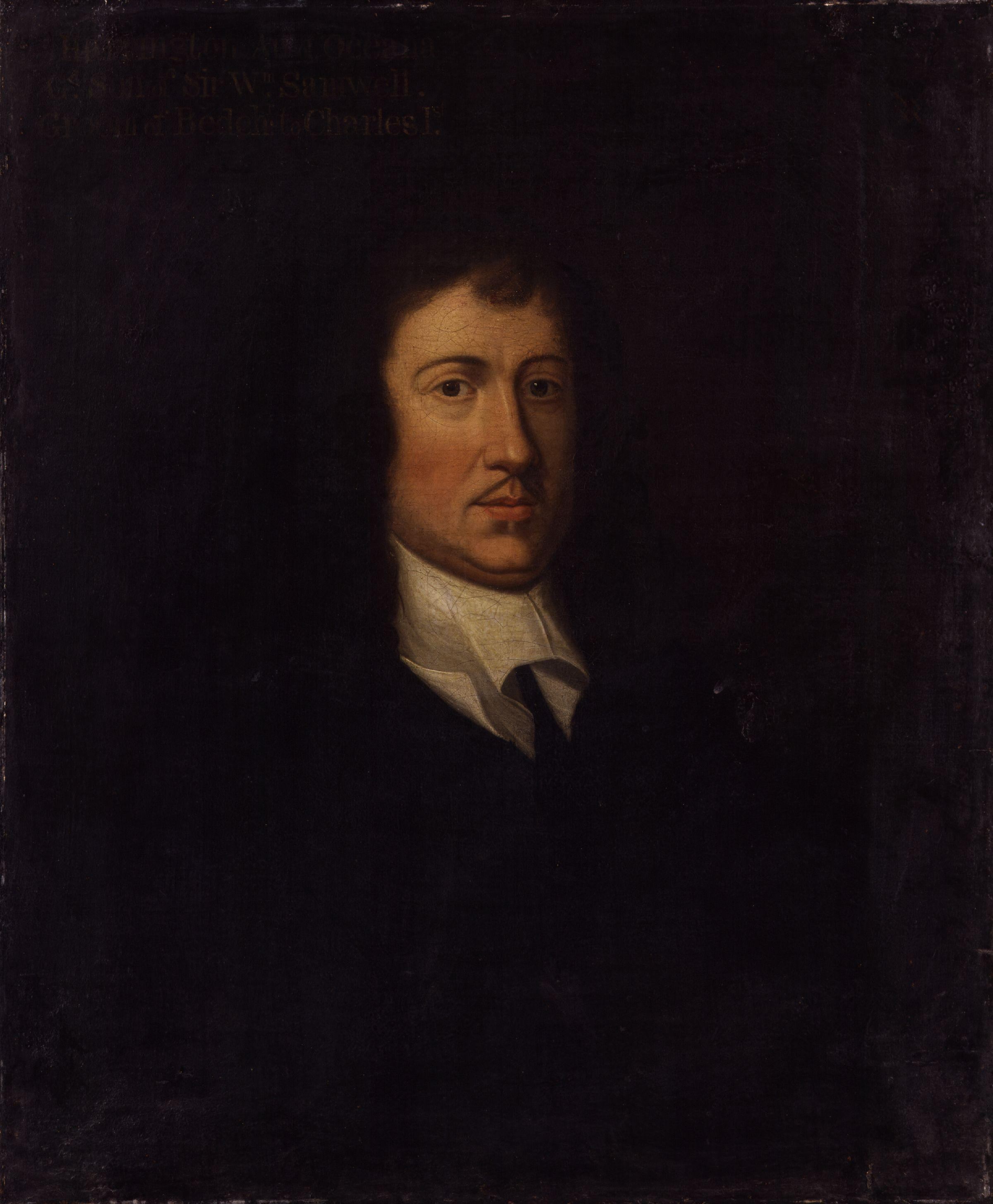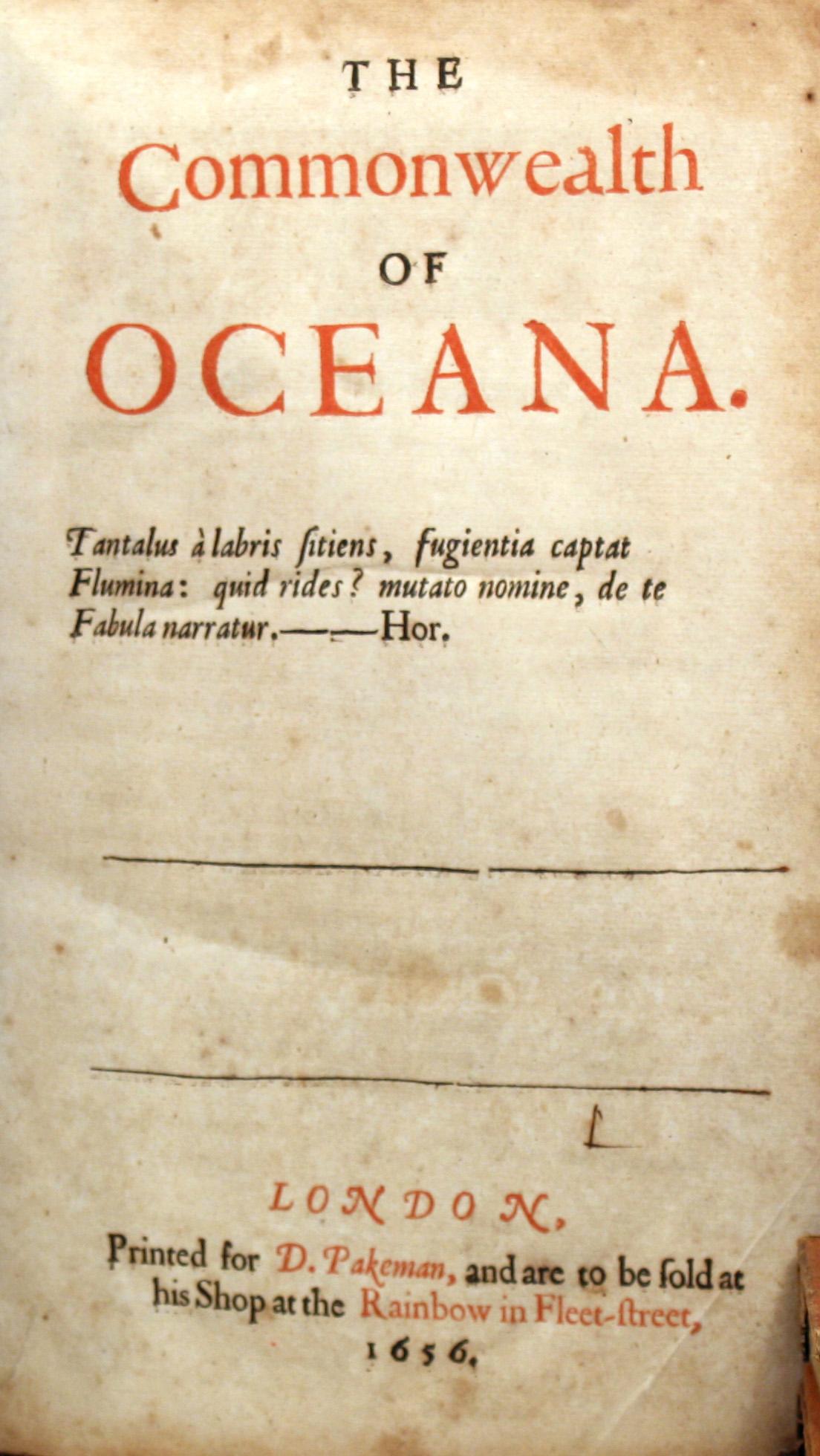
Have you ever paused to consider the profound impact that the ideas of a 17th-century philosopher can have on the evolution of modern democracy? Allow us to introduce you to **James Harrington**, an English political thinker whose influential work, **The Commonwealth of Oceana**, continues to resonate in today’s political landscape. Harrington’s innovative concepts regarding governance, property, and civic virtue laid the groundwork for many democratic principles we hold dear now. In this article, we will explore the life of Harrington, delving into his groundbreaking ideas and examining how they have shaped contemporary political thought and practice. Join us as we uncover the lasting legacy of this remarkable thinker and the relevance of his theories in our current democratic systems.
Who Was James Harrington?

Born on **January 7, 1611**, in Upton, Northamptonshire, England, James Harrington emerged as a significant figure not only in philosophy but also as a representative of the intellectual currents of his era. His life unfolded against the backdrop of the **English Civil War**, a period of profound political upheaval that profoundly influenced his perspectives on governance, authority, and societal organization.
### The Early Life of a Thinker
Harrington’s formative years were steeped in a politically charged atmosphere, where the debates surrounding monarchy versus republicanism were at the forefront of public discourse. Growing up in such a dynamic environment, he was naturally inclined to scrutinize and challenge the prevailing political structures. This early exposure to contentious political ideas laid the groundwork for his later philosophical inquiries and writings.
#### Education and Influences
Harrington received a robust education, which provided him with a solid grounding in classical philosophy. His intellectual pursuits were heavily influenced by the works of **Aristotle**, particularly in relation to the themes of constitutional stability and the dynamics of revolution. This classical foundation is prominently reflected in his seminal work, *Oceana*, where he articulates his vision for an ideal political system. Through this lens, Harrington not only critiques existing governance models but also proposes innovative ideas that resonate with the republican ideals emerging during his lifetime.
The Commonwealth of Oceana: A Revolutionary Work

Published in the year **1656**, James Harrington’s seminal work, *The Commonwealth of Oceana*, stands as his most significant contribution to political philosophy. This book transcends the boundaries of a mere political treatise; it serves as a comprehensive blueprint for an ideal state, offering insights that remain relevant even today. But what precisely sets this work apart from others of its time?
### Core Ideas of Oceana
At the heart of Harrington’s vision lies the concept of an **aristocracy of limited, balanced powers**. He posited that the foundation of a stable democracy is a robust middle class, which acts as a stabilizing force within society. Furthermore, Harrington argued that the separation of economic and political power is crucial, as their intertwining often leads to social upheaval and revolution. Let’s delve deeper into some of his pivotal ideas:
| Key Idea | Description |
|————————-|—————————————————————————–|
| Middle Class Stability | A strong and prosperous middle class is essential for maintaining a stable democracy. |
| Separation of Powers | Economic and political powers should be distinctly separated to avert the risk of revolutions. |
| Landholding Limits | Implementing limits on landholdings by dividing land into parcels of a specified maximum value fosters social equality. |
| Referendums | Proposed laws should be subjected to public votes, ensuring that the voice of the populace is heard in governance. |
| Rotation of Officials | Establishing a system to rotate public officials regularly helps to mitigate the risk of corruption and abuse of power. |
Through these ideas, Harrington not only critiques existing political systems but also provides a vision for a more equitable and just society. His work invites readers to consider the importance of balance and fairness in governance, making *The Commonwealth of Oceana* a timeless exploration of political ideals.
Harrington’s Political Context

Harrington lived during a tumultuous period characterized by significant political upheaval and conflict. His close friendship with King Charles I and his subsequent imprisonment during the English Civil War underscore the intricate nature of his political beliefs and affiliations. While he harbored sympathies for republican ideals, he also held a deep respect for the institution of monarchy. This duality placed him in a particularly vulnerable and precarious position, as he navigated the treacherous waters of a society divided by ideological strife.
### Imprisonment and Its Impact
As the nation approached the fateful moment of King Charles I’s execution in 1649, Harrington found himself imprisoned, a consequence of his political views that clashed with those of Oliver Cromwell, the lord protector during the Commonwealth period. Interestingly, it was only through the intervention of Cromwell’s daughter that Harrington’s significant work, “Oceana,” was eventually published, highlighting the complexities of his relationships and the political landscape of the time.
### Health and Later Life
In the later years of his life, Harrington faced further imprisonment under questionable charges related to the restored monarchy of Charles II. This period of confinement took a considerable toll on his health, both physically and mentally, as he grappled with the consequences of his political beliefs and the shifting tides of power in England. Harrington’s experiences reflect the broader struggles of individuals caught in the crossfire of a nation in turmoil, illustrating the profound impact of political conflict on personal well-being and legacy.
The Legacy of James Harrington

So, what’s the lasting impact of Harrington’s ideas? His thoughts on governance have influenced many prominent figures in American history, including Thomas Jefferson and Theodore Roosevelt.
Influence on American Democracy
Harrington’s advocacy for written constitutions and bicameral legislatures can be seen in the structure of the U.S. government. His ideas about the indirect election of the president also echo in modern political practices.
Modern Relevance
Even today, discussions about the balance of power, the role of the middle class, and the importance of public participation in governance reflect Harrington’s insights. His work remains a cornerstone for those studying political philosophy and democracy.

James Harrington may have lived in the 17th century, but his ideas about governance, democracy, and the role of the middle class are as relevant today as they were then. His vision of a balanced state continues to inspire political thinkers and leaders around the world.
So, the next time you ponder the foundations of democracy, remember James Harrington—a man whose thoughts transcended his time and continue to shape our understanding of political stability and revolution.

